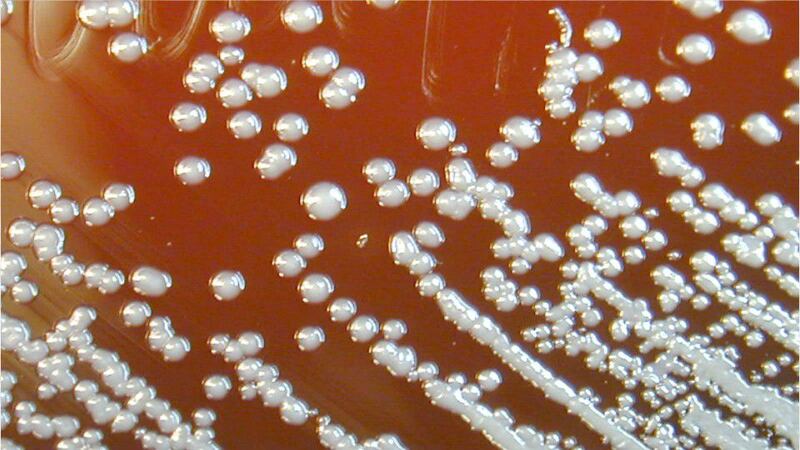A potentially deadly type of bacterium has been detected for the first time in U.S. soil and water samples, the Centers for Disease Control and Prevention confirmed Wednesday.
The bacterium, Burkholderia pseudomallei, can cause an illness known as melioidosis, also known as Whitmore’s disease, which has proven fatal in half of all cases worldwide, NBC News reported.
About a dozen U.S. melioidosis cases are diagnosed each year but typically among people who had traveled to tropical climates, the CDC stated. The bacteria sickened at least four people in four different U.S. states in 2021, killing two of them, including a 5-year-old boy.
According to Live Science, the bacteria is seen primarily in southeast Asia and northern Australia, but it can also be found in certain areas of Puerto Rico, the U.S. Virgin Islands and Central and South America.
On Wednesday, however, the CDC announced that the bacterium had been found in soil and water samples along the Gulf Coast of Mississippi, issuing a nationwide health alert to physicians to remain vigilant for melioidosis symptoms. Although vague, the symptoms can include cough, fever and chest pain, but more severe cases can lead to disorientation, pneumonialike illness and seizures, NBC News reported.
“It is unclear how long the bacteria have been in the environment and where else it might be found in the U.S.,” the CDC stated in a news release.
Dr. Jill Weatherhead, an assistant professor of tropical medicine and infectious diseases at the Baylor College of Medicine in Houston, told NBC News that the bacterium can potentially thrive anywhere along the Gulf Coast.
“We live in a subtropical climate here in the U.S. along the Gulf Coast, where it’s warm and humid. This is a suitable environment for Burkholderia pseudomallei,” she said.
According to the CDC, the soil contamination was discovered after two people who were not related but lived near each other in Mississippi were diagnosed with melioidosis, one in 2020 and the other in 2022. Both patients required hospitalization for sepsis after developing pneumonia, but both recovered after receiving antibiotics.
Samples taken from the soil and puddles near the patients’ homes contained the bacteria confirming its U.S. presence, the CDC stated.
The same bacterium was also found last year in contaminated aromatherapy room spray that sickened four people in Georgia, Kansas, Minnesota and Texas. Those cases were unrelated to the current alert, however, because the spray had been imported from India, where B. pseudomallei is endemic, NBC News reported.
Despite the bacterium’s detection in the United States, infectious disease experts do not believe it poses a widespread threat.
Dr. Chris Woods, a professor of medicine at the Duke Global Health Institute, told NBC News that “it takes a significant exposure” to cause illness in people, either through an open sore or ingestion.
The CDC advised U.S. Gulf Coast residents to take extra precautions when encountering soil or muddy water, such as wearing waterproof boots and covering open wounds.
©2022 Cox Media Group








